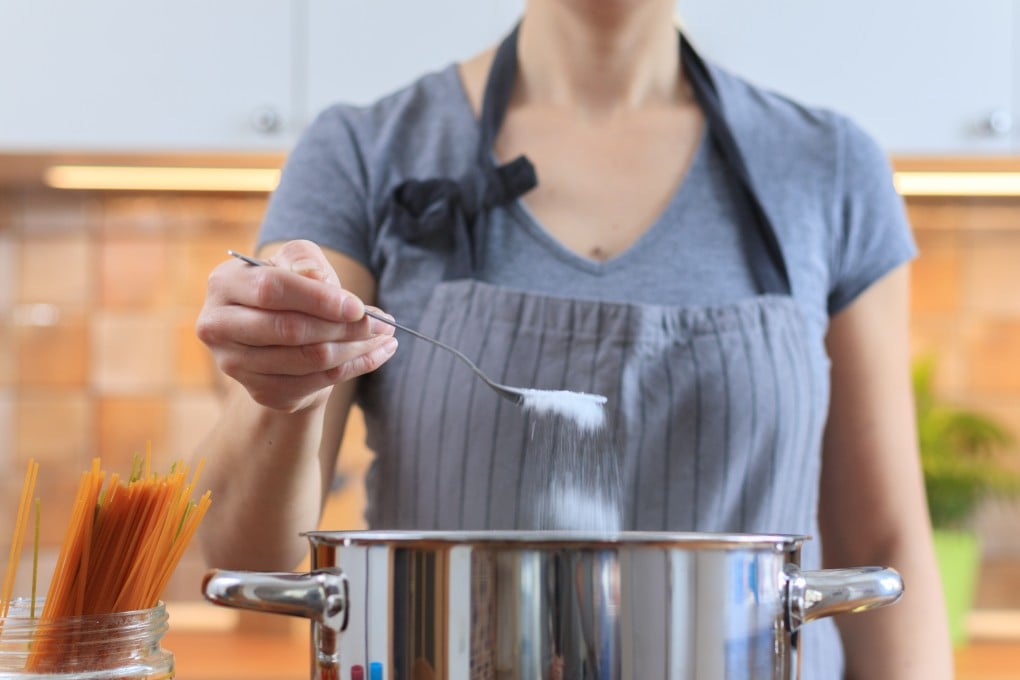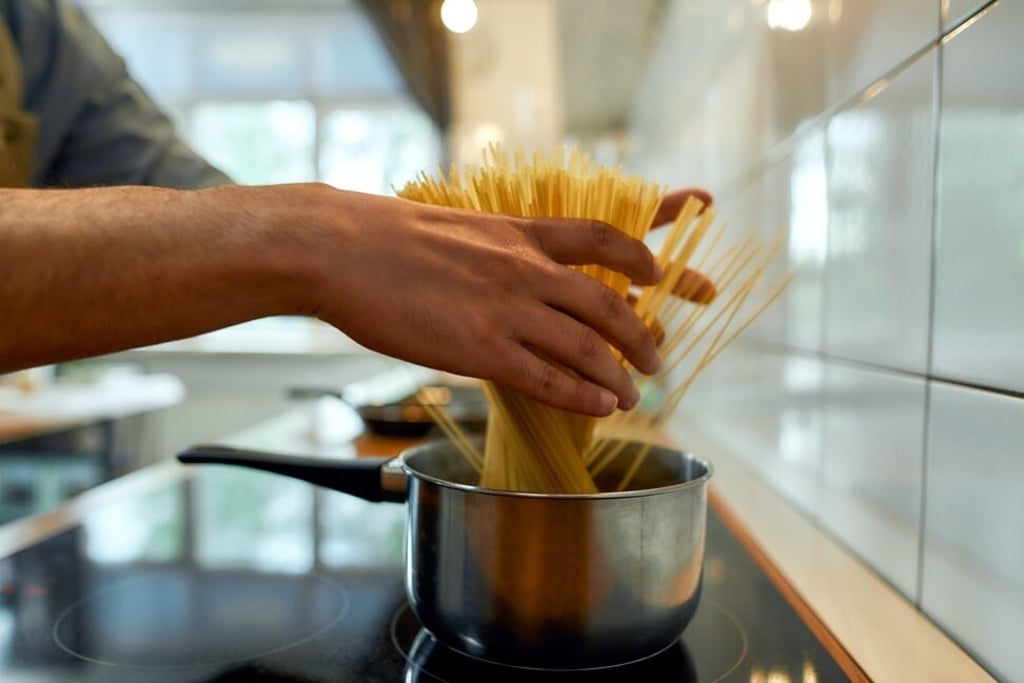Mouthing Off | No salt in my rice or noodles, so why add it to pasta water? The sauce will season it enough, and besides, I like a bit of bland in my food
- European cooks insist on throwing a handful of salt into pasta water, some say it should be like seawater
- Asian cooks would never do that to rice, noodles or congee, so why should pasta be any different?

There’s nothing else to be done. My girlfriend and I have irreconcilable differences. They relate specifically to how we cook pasta.
She thinks I don’t use enough water and use too small a pot. I think she wastes water filling an oversized pot almost to the top.
My argument is that it takes much longer for the water to boil and it’s not necessary to use a large pot if we’re cooking just enough penne for the two of us. She replies that not enough water will make the pasta stick together. “Not if I stir it regularly,” I rebut, unsuccessfully.
The disagreement makes us feel like we’re bashing each other with a pestle and mortar instead of the basil and pine nuts of our pesto sauce.

Luckily, what we can reach a consensus on, sort of, is the need to salt the water – or rather, how it’s not necessary. I know, I know, every cooking show and master chef says you need to salt the water to flavour the pasta. Some propose you need to put enough salt in the water so it almost tastes like seawater. Only then will your noodles not be bland.
